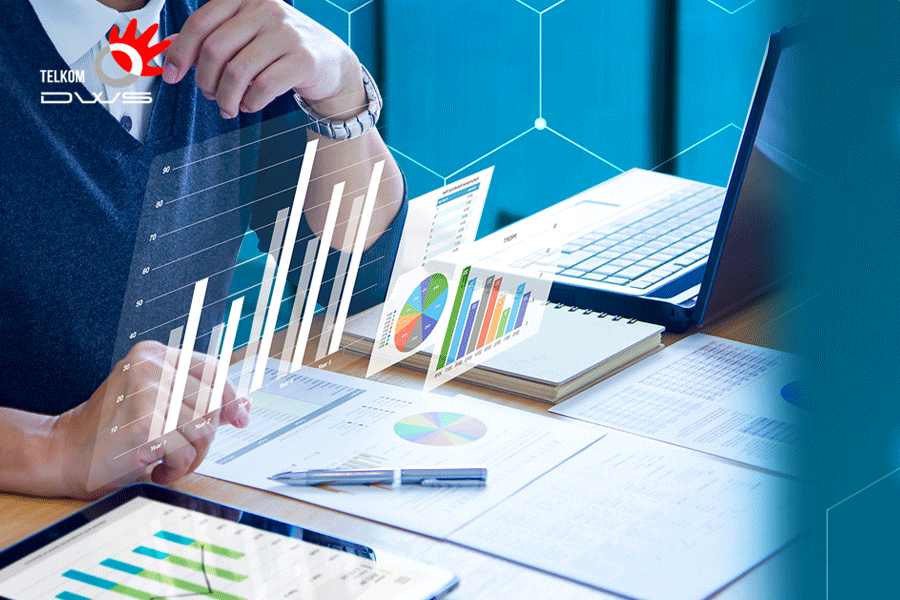25 October 2021
Gathering The Right Data for Your Business
In the last few years, we’ve all been obsessed with the buzz phrase 'big data'. Data has always been the backbone of any institutions, especially in this digital age. With massive amount of data, business and institution leaders can assess potential risks and opportunities, which would facilitate better decision-making process.
Realizing such importance, it is no wonder that many institutions around the world invest their capital, time, and energy to observe data, allowing the global big data value to expectedly grow by $247 billion over the next 5 years.
And one set of data that a lot of businesses rely on is customer data. From the business perspective, customer data has allowed marketers to know more about their clients. Insights gathered from these data (for instance, their age, preference, lifestyle, and favorite locations) have enabled businesses to inform updates, sell relevant products, think of relevant strategies, and build better communications for their customers. Considering that users can generate tons of data each day, what sets of data are relevant for businesses? Here are some of them.
1. Interests
This is arguably the set of data that can benefit businesses the most. Gathering insights on what their customers love can help businesses know their customers’ preference. In other words, businesses can utilize this type of information to offer relevant products with communication methods that are best suited for both existing and potential clients alike. From the customer’s side, data on their interests will eventually create a personalized experience where only relevant advertisements are shown on their devices.
2. Last Location
A user’s last location is about mobility, which is related to customer visiting habits, and this can tie with his/her preference. For instance, a user may frequently visit a certain coffee shop. Whether the user buys coffee or non-coffee drinks may be unknown, but it’s certain that the user may be more willing to purchase beverage products. Certain patterns of mobility can also indicate an area of residence, and marketers can look into the regional trend before adjusting their products/services to the trend.
3. Active Status
If many other sets of data answer the question of what, active status gives insight to the question of when. Everyone actively uses their phone to check on social media, play games, work, or communicate at a certain time. A customer’s online/active status can inform the customer’s pattern of device usage. With this set of information, businesses can think of better strategy of when to offer their goods and services so that the timing of the offer may be suited with their customer’s online/active pattern.
4. ID
A customer’s ID can also give important insights for businesses. In fact, it is one of the most important sets of data. According to Lyle Daly from fool.com, 1,387,615 cases of identity theft were reported in 2020. Such number shows that businesses are at risk if they do not verify their customer’s ID. Customer due diligence can help businesses eliminate risks related to transaction (especially online transaction), which is why it is important for any businesses to verify the identity of their customers.
5. Credit History
Data on a customer’s credit history can be useful for a purpose that is similar to ID checking: safety. Assessing customer credibility and credit score can help businesses secure their conducts. It is the most efficient and effortless method to verify whether a (potential) customer has the capability of paying. Data on credit history will be useful for businesses to eliminate high-risk customers, create a blacklist, and focus on the safe ones. In a way, customer credit data helps institutions to secure their cash flow health.
To ensure the sustenance of your business, it is important to gather the relevant sets of information. With more data, you can have a reliable basis for decision-making. But it is also important to have a reliable set of data. This is you should only work with a reliable data provider, where offered sets of information are based on actual usage. It is also wise to check whether the provider you work with has two things: a proven track record and capable API tools to support your business.
Is this information helpful?
